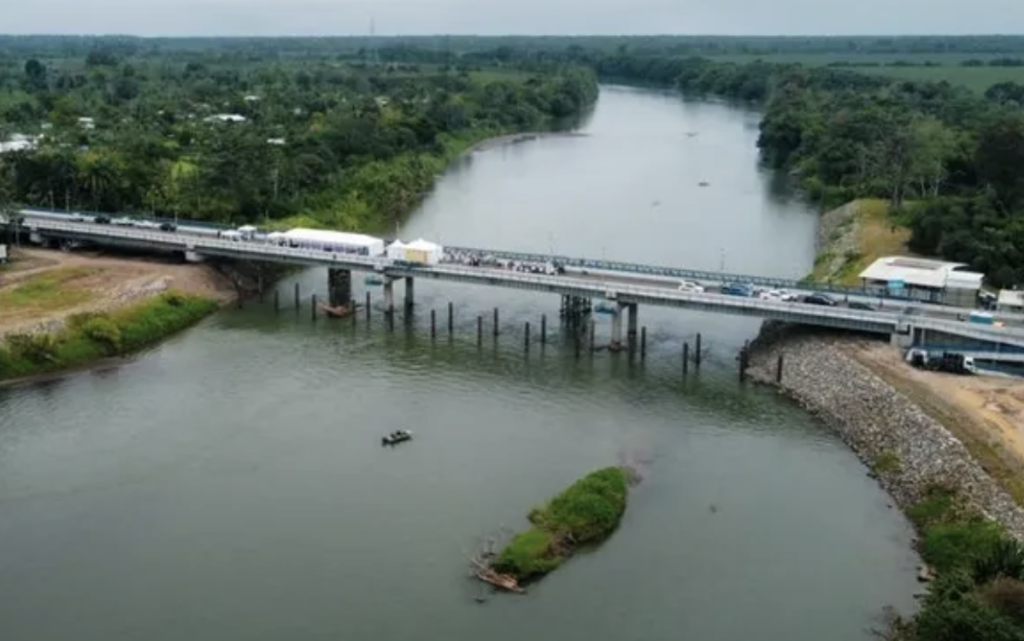
On Thursday, Panama became the first country in Latin America to accede to the UN Water Convention, which promotes the sustainable use of transboundary water resources. It is “a crucial commitment that reaffirms our leadership as a blue and green country worldwide,” said Panamanian Foreign Minister JanaIna Tewaney Mencomo, who presented the document signed by President Laurentino Cortizo to the UN legal service in New York in a brief ceremony.
The minister hopes that countries such as Costa Rica and Colombia, with which it shares river basins, will be able to join the Convention on the Protection and Use of Transboundary Watercourses and International Lakes (Water Convention).
With just over 4 million inhabitants, the Central American country has approximately 33,000 cubic meters of fresh water per capita available, almost six times the world average, and depends mainly on surface water resources.
The total area of cross-border river basins represent approximately 25% of the national territory.
For the country, the main cross-border river basin is that of Sixaola, located in the border region with Costa Rica, which is home to an important biodiversity and agricultural activities, and has cultural importance due to the presence of indigenous peoples and Afro-Caribbean populations.
The Water Convention is expected to help establish systems for monitoring and sharing data on the quality, quantity and use of water in this basin in which they are already working together through a Binational Commission.
In addition, to support cooperation between Panama and Colombia, increasing the capacity for effective governance of water and trust, based on clear rights.
According to the UN, 153 countries around the world share rivers, lakes and groundwater resources.
In Latin America, the Dominican Republic, El Salvador, Costa Rica, Paraguay and Uruguay are in the process of joining this convention, which currently has 51 countries, most of them European, but also some Africans.